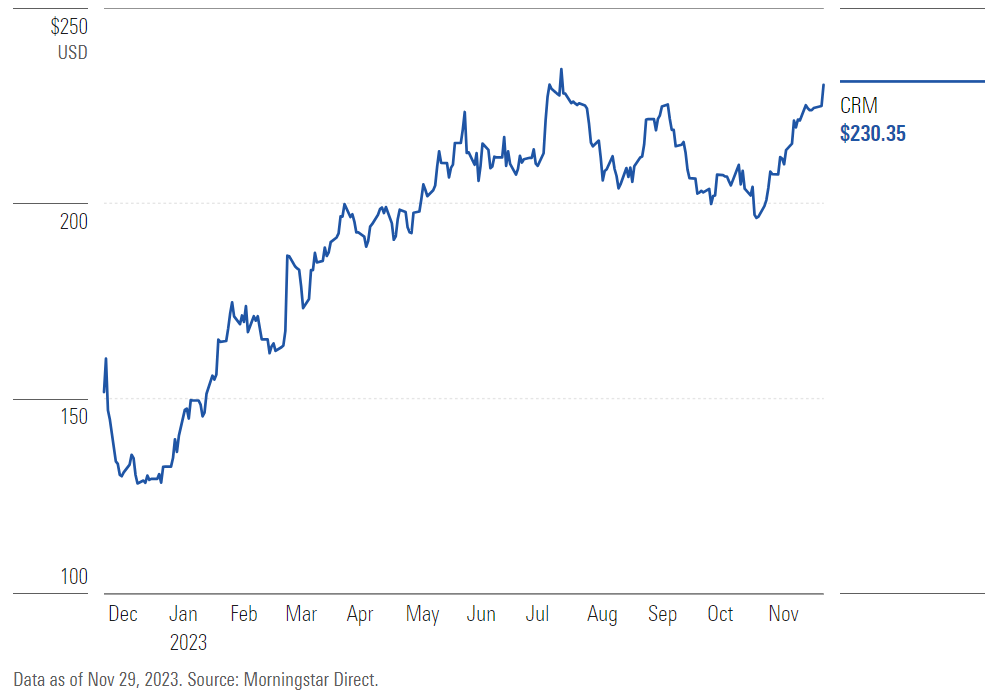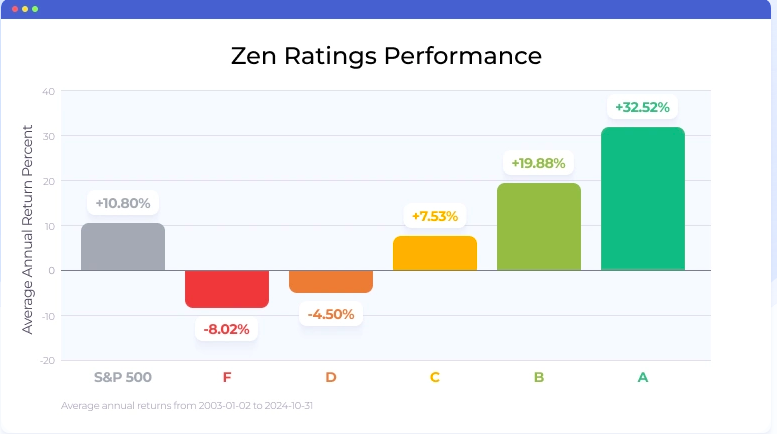20 Free Reasons For Selecting AI Stock Trading Platform Sites
20 Free Reasons For Selecting AI Stock Trading Platform Sites
Blog Article
Top 10 Tips To Evaluate The Customer Service Of Ai Platform For Predicting And Analyzing Stocks
Customer support plays an important role in the selection of an AI trading platform. A competent and responsive support team can make a big difference in solving issues, maximizing platforms' usage, and ensuring an enjoyable trading experience. Here are 10 suggestions to assess the customer support of these platforms.
1. Evaluation of Support Accessibility
24/7 support: Make sure that your platform is available round the clock, which is important for trading in real-time and global markets.
Business hours. If 24-hour support is not available, be certain to confirm that you are able to get support during your trading time.
Look for coverage of the holidays.
2. Test Response Times
Initial response. Test your support by submitting a request.
Think about the time it will take for you to resolve problems, and not just acknowledge the issue.
Live chat If it's available Make sure you check the response time and effectiveness.
3. Review Options for Support
Support via multiple channels: Ensure that the platform offers support through multiple channels (e.g. email, phone call live chat, email, and social media).
Verify the availability and reliability of your preferred support channels (e.g. chat telephone).
Self-service solutions: Look for a comprehensive information base, FAQs or community forums for quick solving problems.
4. Assess the Quality of Support
Expertise: Ensure that support agents are well-versed in the platform, trading, as well as technical concerns.
Problem-solving: Find out if agents can effectively resolve complex issues or escalate them when appropriate.
Professionalism - See if interactions with support are helpful, friendly and professional.
5. Look for Account Managers
Premium support: Find out whether you have account managers to higher-level users or institutions.
Check to see whether the account manager can provide personalized support, proactive guidance or proactive assistance.
Building relationships: Make sure the account managers are on hand to establish relationships that last for a long time.
6. Review Support Documentation
Knowledge base. Check that the platform contains an organized database searchable of tutorials, guides and tips on troubleshooting.
Go through the platform's video tutorials and webinars to see whether they are accessible to visual learners.
API documentation. If you're an expert in programming, make sure the platform you are using has detailed and precise API documentation.
7. Evaluate Peer and Community Support
User forums: Find out if a platform has forums or communities for users to discuss their experiences and suggestions.
Find social media forums that aren't official (e.g. Reddit or Facebook). These groups allow users to speak about the platform.
Community engagement - Check to see if there is active participation by the platform's staff in community forums or online discussions.
8. Evaluate Escalation Processes
Issue escalation: Be sure to have clearly defined procedures for escalating issues that are not resolved to support at a higher level or management.
Follow-up: Make sure that support has followed-up on a concern after the issue has been resolved to confirm that the issue was completed.
Feedback loop: Determine whether the platform is collecting user feedback in order to improve support service.
9. Test Support in Critical Conditions
Market volatility: Contact support during times of high volatility to determine their sensitivity under stress.
Technical issues: You can simulate a technical issue (e.g. login problems or data divergences) to see the response of our support team.
Trade execution: Find out if the support team can assist with urgent issues in trade (e.g. delayed execution, unsuccessful orders).
Reviews of User Feedback
Online reviews: Use platforms like copyright G2 or Reddit for user reviews to determine overall satisfaction.
Look for reviews and case studies which highlight positive experiences.
Check how the platform responds to complaints and negative feedback.
Bonus Tips
Try the platform out through a trial or demo period.
Support for your language If English is not your first language, it is best to check to see if English is supported.
Training and onboarding - Check whether your platform provides training or onboarding sessions to help users start their journey.
These suggestions will assist you to examine the customer support of AI platform for analyzing and predicting stocks. This way you can pick a reliable platform prompt and friendly assistance. Support from a knowledgeable customer can greatly improve the overall user experience as well as enable you to make the most of the platform's features. Follow the top rated ai stock examples for site examples including ai trading, stock ai, ai stock trading app, market ai, market ai, ai for stock trading, ai for stock predictions, trading with ai, ai stock trading, stock ai and more.
Top 10 Tips On Assessing The Scalability Ai Technology For Predicting And Analyzing Trading Platforms
It is crucial to evaluate the capacity and performance of AI-driven stock prediction and trading platforms. This will help ensure that they are able to manage the growing volume of data as well as market complexity and user demands. Here are the top ten tips to assess scalability.
1. Evaluate Data Handling Capacity
TIP: Make sure that the platform you're looking at can process and analyze large data sets.
Why is that? Scalable platforms must be able to handle increasing volume of data without performance reduction.
2. Test the Real-Time Processing Capabilities
See the way the platform handles real-time streams of data, including news and stock prices.
What is the reason? Real-time analysis is critical for trading decisions, and delays could result in miss opportunities.
3. Cloud Infrastructure Elasticity and Check
TIP: Make sure your cloud platform (e.g. AWS, Google Cloud or Azure) and able to dynamically scale resources.
Cloud-based platforms are a great way to gain flexibility. They permit the system to be scaled down according to demand.
4. Algorithm Efficiency
Tip: Check the computational efficiency and accuracy of AI models for prediction.
Why: Complex algoriths can consume a lot of resources So optimizing these algorithms is vital to ensure scalability.
5. Explore Parallel Processing and distributed computing
TIP: Find out if the platform supports distributed computing or parallel processing frameworks (e.g., Apache Spark, Hadoop).
Why: These new technologies provide faster data analysis and processing on multiple nodes.
Examine API Integration & Interoperability
Test the platform’s ability to connect external APIs.
What's the reason? Seamless integration guarantees that the platform is adaptable to the changing information sources and environments for trading.
7. Analyze User Load Handling
To check the effectiveness of your platform, you can simulate high traffic.
Why: A scalable platform must be able to maintain its performance as the amount of users grows.
8. Examine the model's retraining capabilities and adjustability
TIP: Check how often AI models can be retrained with new data.
Why: As markets change the models need to be updated quickly to remain exact.
9. Check for Fault Tolerance and Redundancy
Tips - Ensure that your platform is equipped with failover and redundancy features for dealing with hardware or software failures.
The reason: Downtime is expensive for trading. Therefore, fault tolerance is vital to scaling.
10. Monitor Cost Efficiency
Tip: Consider the cost of scaling up your platform. Consider cloud resources such as storage for data and computing power.
Reason: Scalability should not result in an unsustainable price which is why balancing performance with cost is crucial.
Bonus Tip: Future Proofing
Platforms must be designed to incorporate new technologies such as quantum computing as well as advanced NLP. They must also adjust to regulatory changes.
Focusing on these aspects will help you evaluate the scale of AI software for stock prediction and trading, and ensure that they are sturdy, efficient and ready for future expansion. Have a look at the most popular stock predictor tips for site advice including trading ai tool, chart ai trading, trading ai tool, stocks ai, best ai stocks, ai copyright signals, ai stock predictions, ai options trading, ai for trading stocks, ai stock trader and more.